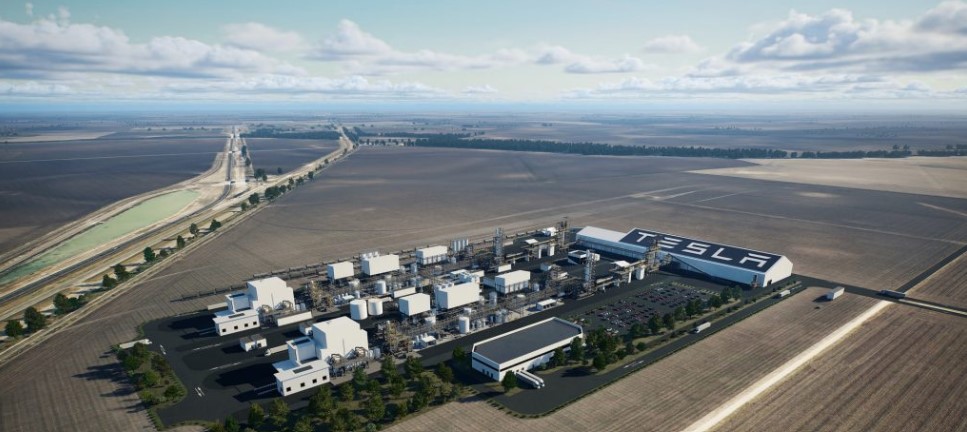Tesla has long been a leader in innovation within the electric vehicle (EV) industry, but it has also faced challenges safeguarding its technological advancements. One such dispute emerged in 2020, when Tesla sued Rivian, alleging staff poaching and theft of trade secrets, including critical battery technology. This legal dispute, which might have gone to trial …
Tesla and Rivian Settle Trade Secret Case Amid Sales Law Challenges

Tesla has long been a leader in innovation within the electric vehicle (EV) industry, but it has also faced challenges safeguarding its technological advancements. One such dispute emerged in 2020, when Tesla sued Rivian, alleging staff poaching and theft of trade secrets, including critical battery technology. This legal dispute, which might have gone to trial in March 2025, appears to be nearing an end with a conditional settlement.
Tesla’s Lawsuit Against Rivian: The Allegations
In 2020, Tesla accused Rivian of employing former Tesla employees and urging them to deliver sensitive documents including trade secrets. The suspected stolen information includes vital battery technology and sensitive engineering data. The particular nature of the trade secrets involved was not specified in the case when it was filed, but the identified workers were two recruiters, an environmental health and safety (EHS) manager, and a charging network manager. Tesla stated that these persons transported highly sensitive documents to Rivian.
A year later, Tesla escalated its claims, accusing Rivian of targeting its next-generation battery technology. These allegations suggested that Rivian’s strategy extended beyond employee recruitment and sought to undermine Tesla’s technological advantage. The new lawsuit underscored the competitive stakes involved, as battery advances continue to be a key driver of the EV industry’s growth and innovation.
Conditional Settlement
The two companies first attempted to resolve their issue outside of court. However, these efforts were unsuccessful, and the lawsuit continued. More than a year later, Tesla has announced that a conditional agreement has been struck. Tesla just informed the court that it plans to dismiss the lawsuit by December 24, 2024, provided that settlement parameters are met. While the specifics of the settlement are kept hidden, the deal represents a potential resolution to the legal fight. Neither Tesla nor Rivian have publicly commented on the deal.
Tesla’s Patent Policy
Tesla frequently backs the open sourcing-of its patents as a means of encouraging innovation. However, the corporation has underlined that this openness is only applicable under certain conditions, such as mutual agreement not to engage in patent litigation. In this lawsuit, Tesla claimed that Rivian crossed the line by hiring people just to acquire its technology.
Broader Challenges: EV Sales Restrictions
Aside from the lawsuit, Tesla and Rivian have faced challenges due to state rules that limit direct-to-consumer EV sales. These dealership franchise restrictions frequently prohibit EV manufacturers from selling automobiles directly to consumers, favoring traditional dealership models.
Tesla has creatively gotten around these limits. In other states, it uses leasing-only models or treats purchases as out-of-state transactions. In Connecticut, Tesla constructed a store on Mohegan tribal land, which is exempt from state dealership regulations. While dealership lobbying groups opposed the proposal, Governor Ned Lamont supported it.
Rivian’s Obstacles
Rivian faces similar challenges. Due to state rules, the retail location in Seattle is not permitted to discuss prices or take orders. Rivian CEO RJ Scaringe has openly criticized these laws, calling them crooked and counterproductive to EV adoption. Scaringe commented:
“We have this horrific state-by-state level of rules that are as close as you can get to corruption.”
The Tesla-Rivian lawsuit highlights the importance of protecting intellectual property while fostering innovation in the competitive EV market. At the same time, state restrictions on direct sales remain a significant barrier for companies like Tesla and Rivian.
As the industry grows, resolving these challenges will be vital to making EVs more accessible and accelerating the transition to sustainable transportation.
Subscribe to Our Newsletter
Keep in touch with our news & offers










